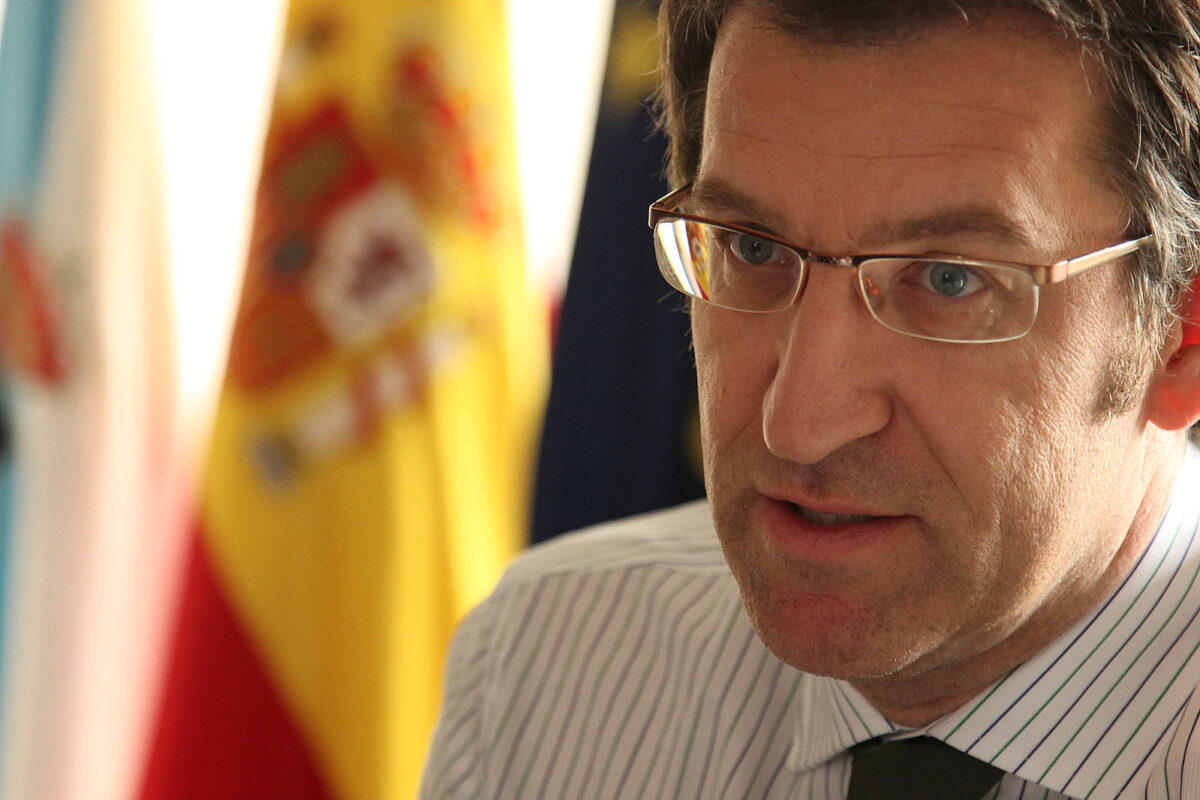Extremists Lose but Nobody Wins
Spain Deadlocked
Voters in Spain shied away from the extremes and handed a pyrrhic win of sorts to the opposition conservatives whilst also rewarding Prime Minister Pedro Sánchez’ socialist party with a few extra seats in a hung parliament.
Markets reacted with dismay at the inconclusive result of the vote which precludes both main parties from forming a majority government. A possible coalition between the Partido Popular (PP – moderate right) and Vox (nationalist right) was undermined after the latter lost 19 of its 52 seats. Though the PP gained an impressive 47 seats, the win fell short of expectations.
The situation is not much better left of centre. The Socialist Workers Party (PSOE – social democrat) returns with two additional seats to parliament but falls far short of 176 seats needed to govern with its long-time partners on the left, coalesced into Sumar; a motley crew of green and progressive parties. The only possible coalition that would allow Mr Sánchez to retain his position includes co-opting a likewise eclectic collection of regional pro-independence parties, including Basque and Catalan secessionists.
During the last weeks of the campaign, things turned ugly with Mr Sánchez warning voters that a government including the nationalist right Vox would mean setting the clock back to the 1970s of dictator Francisco Franco. The message: a vote for the conservatives equals an invitation to Vox.
Habitual Liar
PP leader Alberto Feijóo didn’t mince words either and repeatedly called the prime minister a ‘habitual liar. He accused Mr Sánchez of encouraging the dissolution of the country by courting pro-independence parties. The PP leader revelled in describing ‘Sanchismo’ as a creed of ‘lies, manipulation, and nastiness’.
Mr Feijóo won the first of three televised debates with Mr Sánchez almost hands down but failed to show up for the next two, presumably to preserve his party’s lead. He then tripped in an interview with factual mistakes about pensions and left the campaign trail early after old photos resurfaced showing him in the company of a convicted drug trafficker.
Vox poster boy Santiago Abascal pulled the ‘trump card’ and, immediately after the vote, complained bitterly about ‘clearly manipulated polls’ before admitting that his party won’t enter government. The Spanish electoral system is unkind to parties that are spread thinly throughout the country.
Prime Minister Sánchez’ strategy of mending ties with Catalonian pro-independence parties whilst tempering emotions paid off with a big win in the region for his PSOE. The Esquerra Republicana (Republican Left), one of two separatist parties in Catalonia, lost 5 of its 12 seats in the lower house. The more radical Junts per Catalunya of self-exiled independence leader Carles Puigdemont lost one seat, signalling an easing of tensions in the region as evidenced as well by Junts interim-leader Jordi Turull tentatively leaving the door slightly ajar for limited cooperation with a future Sánchez government.
Deadlocked
It is now up to PP leader Alberto Feijóo to accept the king’s invitation to form a government. The invite is expected mid-August when parliament reconvenes. Meanwhile, he has called on all parties to enter a dialogue and may try to form a minority government.
Mr Feijóo already warned the PSOE not to block an attempt by the PP to govern alone, reminding Mr Sánchez that the country has never been led by a prime minister who had not come first in an election.
However, there is no road for Mr Feijóo’s PP to co-opt both Vox and the separatist parties in a colourful coalition. Vox simply refuses to partner with secessionist parties and, in fact, demands they be outlawed, and their leaders tried for sedition.
During a speech on Sunday evening, Mr Feijóo was audibly drowned out by PP supporters shouting the name of the wildly popular Madrid Regional President Isabel Ayuso who conditioned her support of the candidate on his winning the election and delivering the party a clear majority in parliament.
As a grand PP-PSOE coalition also seems most unlikely, chances are that new elections must be called before long. Deadlocks are a recurring feature of Spanish politics. Repeat elections were called in 2016 and 2019.
Cover photo: Alberto Nuñez Feijoo, leader of the Partido Popular.
© 2009 Photo by Partido Popular de Galicia


